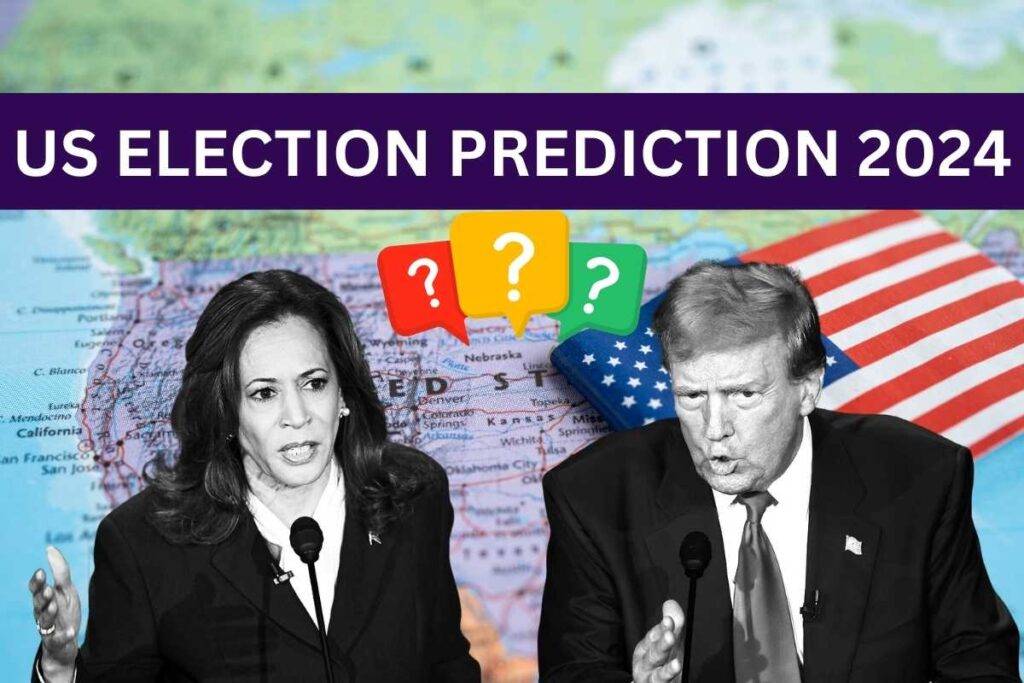Elections and Leadership: The US Presidential Elections
The U.S. presidential election, held every four years, is one of the most globally significant political events, drawing widespread attention and participation. This election serves as a cornerstone of American democracy, embodying the values of leadership, representation, and public choice. The outcome determines not only the leader of the United States but also influences global affairs, as the U.S. president plays a critical role on the world stage. Exploring the impact of leadership in the U.S. elections reveals how candidates’ visions, policies, and abilities to lead shape the nation's future.
The U.S. presidential election process is extensive and highly structured. It starts with primaries and caucuses in each state, where candidates from major political parties, primarily the Democratic and Republican parties, compete to win their party’s nomination. This phase is essential, as candidates debate policies and attempt to appeal to voters across a spectrum of ideologies. After securing the party nomination, candidates enter the general election campaign, where they further articulate their vision and make promises that resonate with citizens’ concerns, like healthcare, economy, education, and national security.
Leadership is at the heart of the U.S. presidential elections. A successful presidential candidate must embody qualities that inspire confidence and trust among the electorate. Beyond policy, voters look for traits like integrity, decisiveness, and the ability to unify diverse groups within the country. In recent decades, effective communication has also become a hallmark of presidential leadership. Candidates must demonstrate their vision clearly and persuasively to convince voters they can effectively address the nation's challenges. This quality of leadership transcends policy specifics, as voters often gauge a candidate’s ability to respond to unforeseen crises.
The election itself is conducted via the Electoral College system, a unique feature of U.S. presidential elections. Voters in each state cast ballots not directly for their preferred candidate but for electors who then pledge to support that candidate. This system reflects the balance of power between populous and less populous states, and it can sometimes result in a candidate winning the presidency without winning the popular vote, as seen in the 2000 and 2016 elections. This system has been the subject of intense debate, with critics arguing it can undermine the principle of one-person, one-vote, while supporters contend it protects smaller states from being overshadowed by larger ones.
The impact of presidential leadership extends beyond domestic policies to global affairs. The U.S. president holds significant influence in foreign policy, defense, and international alliances. A shift in leadership can lead to dramatic changes in international relationships, with consequences for trade, climate change, and security alliances. For example, recent administrations have taken differing stances on climate agreements, NATO contributions, and trade partnerships, reflecting the president's vision and leadership style.
The U.S. presidential election is not just a contest of policies and ideas but a test of leadership that has broad consequences. It highlights the importance of democratic engagement, as voter turnout can significantly impact the election's outcome. Higher turnout often signals a more representative result, as it encompasses a broader cross-section of society. Additionally, debates, campaigns, and media coverage play critical roles in informing and influencing public opinion, making them essential to democratic participation.
In conclusion, U.S. presidential elections are a vital part of American democracy and an exercise in evaluating leadership. Candidates are scrutinized not only for their policies but for their ability to embody the qualities of an effective leader. The U.S. president’s influence extends from local communities to the global stage, and each election presents Americans with the opportunity to decide on a leader who reflects their aspirations for the nation and its role in the world. As such, the importance of informed, active participation in these elections cannot be overstated.




No comments yet
Be the first to share your thoughts!